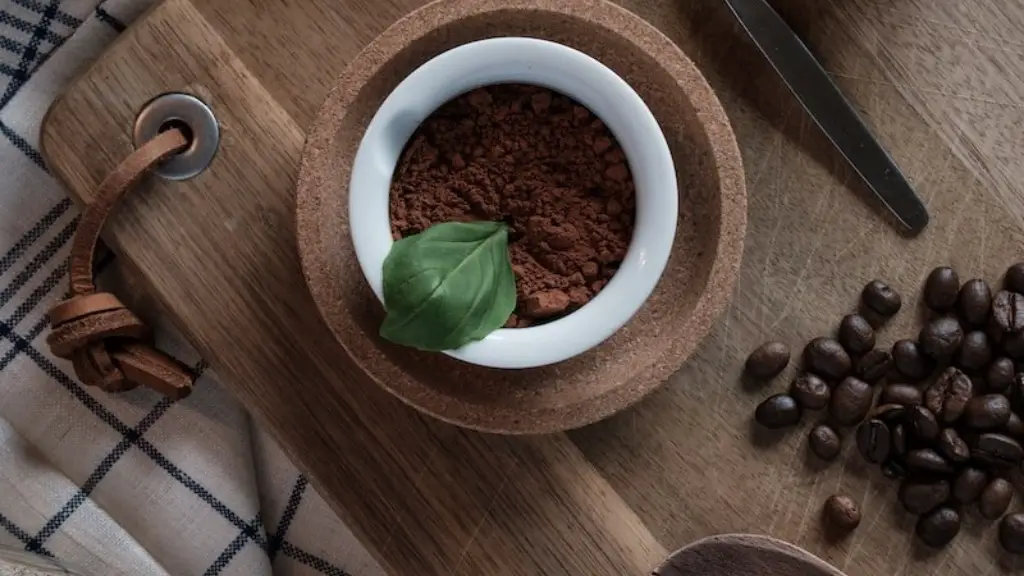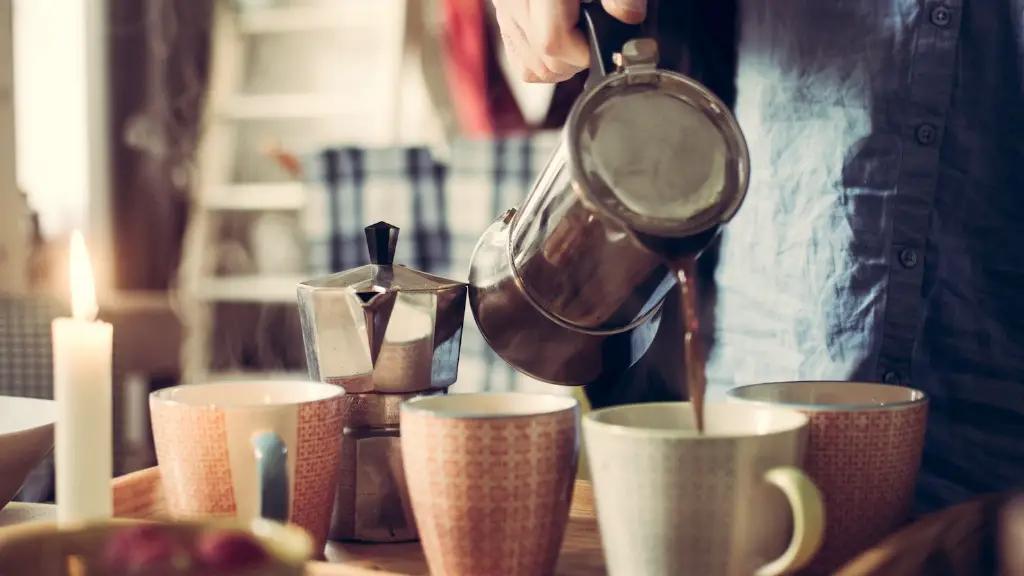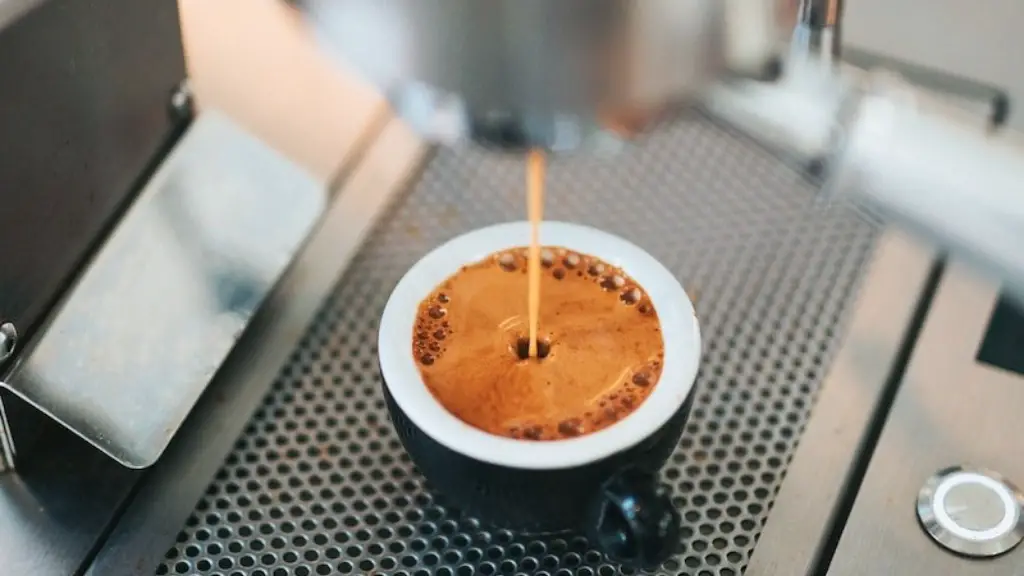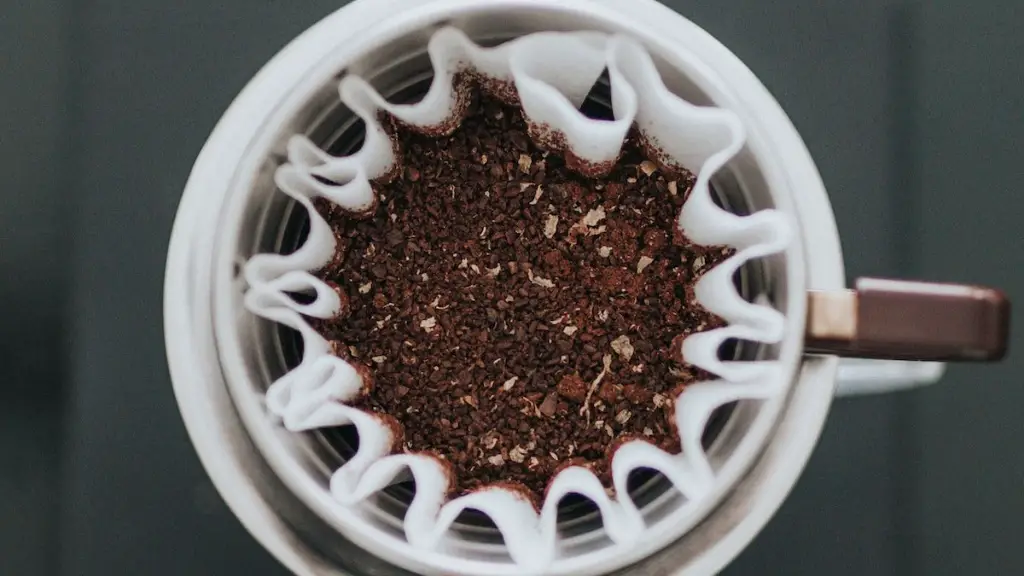Does Drinking Coffee Contribute to High Blood Pressure?
Coffee is one of the most popular beverages in the world, favored for its energizing, uplifting effects and great taste. But it’s also been subject to much debate over the years due to its potential link to high blood pressure. So, does drinking coffee contribute to high blood pressure? Let’s take a look at what the research has to say.
High blood pressure, also known as hypertension, is a condition in which the pressure in the arteries is higher than it should be. This is a serious health concern that can lead to stroke, heart attack, aneurysm, heart failure and other cardiovascular diseases. A person’s blood pressure can be affected by many things, such as age, diet, physical activity, medications, and even the timing of your meals. Studies suggest that drinking coffee may also be a risk factor for high blood pressure.
In a recent study published in the European Journal of Preventive Cardiology, researchers found that drinking more than two cups of coffee a day was linked to a small but significant increase in blood pressure. The researchers followed 2,000 Italian men and women over the age of 18 for 12 years and monitored their blood pressure, caffeine intake, and lifestyle habits. The study showed that those who drank more than two cups of coffee (or caffeinated tea) per day had higher systolic blood pressure compared to those who did not. The researchers concluded that limiting caffeine intake may be helpful in reducing the risk of high blood pressure.
However, there is still debate on whether or not caffeine is linked to high blood pressure. Other studies have suggested that coffee may actually reduce the risk of high blood pressure. For example, a study of more than 27,000 healthy adults found that people who drank coffee regularly had lower risk of developing high blood pressure, compared to non-coffee drinkers. This suggests that coffee may have a protective effect against hypertension.
To better understand the impact of coffee on blood pressure, further research is needed. It’s important to note that every individual reacts differently to coffee, and the effects of caffeine may depend on the person’s age, health and lifestyle. Therefore, it’s best to consult a health care professional to find out how much caffeine you can safely consume. It’s also recommended to limit sugary and fatty foods, and to watch the amount of salt and other processed foods in your diet.
Generally, most experts agree that moderate coffee consumption (1-2 cups per day) is unlikely to be harmful. But if you already have high blood pressure, it is recommended to limit or completely avoid caffeinated beverages. And if you do enjoy the occasional cup of coffee, make sure you keep a healthy diet and stay hydrated as well.
Caffeine Levels in Different Types of Coffee
The amount of caffeine found in a cup of coffee can vary drastically, depending on the type of coffee and how it is made. Most coffees will range from about 95 to 200 milligrams of caffeine for a 8-ounce cup, with drip coffee and espresso having the highest concentration. Decaffeinated coffee will have about 2-5 milligrams of caffeine for the same serving size. Therefore, if you’re looking to limit your caffeine intake, decaf coffee may be a better option.
The type of coffee beans also affects the amount of caffeine. Robusta beans have twice as much caffeine as arabica beans, so if you’re looking for something a bit weaker, opt for arabica. Darker roasts also contain less caffeine than lighter roasts, so if you prefer the richer flavor of a darker roast, you may get some perks with the lower caffeine content.
Brewing methods also make a difference when it comes to caffeine content. Cold brew typically has a lower caffeine content compared to hot-brewed coffee. If you’re looking for more caffeine, espresso drinks are usually the highest in caffeine per serving. However, there are a variety of options when it comes to making coffee with lower levels of caffeine.
Other Effects of Coffee on Health
In addition to its potential links to high blood pressure, coffee has also been studied for its effects on other aspects of health. Studies have found that coffee may reduce the risk of type 2 diabetes, Parkinson’s disease, depression, and stroke. Moderate coffee consumption may also improve cognitive performance and increase alertness.
On the other hand, too much caffeine can have some negative effects, such as increased anxiety, restlessness, nausea, and diarrhea. Coffee can also interfere with certain medications, so it’s important to consult a doctor before adding it to your routine.
Overall, it appears that moderate coffee consumption could be beneficial for most people. However, if you’re trying to reduce your risk of high blood pressure, it’s important to drink your coffee in moderation. If high blood pressure runs in your family, you may want to speak to your doctor about your caffeine intake.
Effect of Coffee on High and Low Blood Pressure
While coffee may have a small effect on blood pressure in some individuals, the impact will vary depending on the individual’s current blood pressure. For those with high blood pressure, it is generally recommended to moderate or eliminate caffeine consumption. On the other hand, people with low blood pressure may benefit from the mild increases in blood pressure associated with drinking coffee.
As with any lifestyle change, it’s important to speak to a doctor or healthcare professional before making any drastic changes to your coffee consumption. They can help you decide what’s right for you and can provide personalized advice based on your health and lifestyle.
Coffee Alternatives for High Blood Pressure
If you’re looking to reduce your caffeine intake, there are plenty of alternatives to coffee that could give you the same pick-me-up. Herbal teas, such as green tea, ginger tea, and peppermint tea, are usually naturally caffeine-free. Or, if you’re looking for something a bit more indulgent, you can make your own homemade lattes, frappes, and cappuccinos with decaffeinated or low-caffeine coffee.
It’s also possible to get your caffeine fix without coffee. There are plenty of energy drinks, sodas and energy bars with surprisingly large amounts of caffeine that can give you a boost when you need it.
Tips For Healthy Coffee Habits
As with most things, moderation is key when it comes to coffee consumption. If you do choose to drink coffee, there are a few things you can do to make it a healthier habit, such as:
- Limiting your intake to one to two cups per day.
- Choosing lower-caffeine options like decaffeinated coffee, tea and energy drinks.
- Drinking plenty of water to prevent dehydration.
- Eating a balanced diet and limiting sugary and fatty foods.
- Making your own homemade coffee drinks to reduce your sugar and calorie intake.
- Avoiding highly processed foods and watching your sodium intake.
By following these tips, you can have your coffee in a way that is healthier and more mindful.
Conclusion
Overall, studies have suggested that moderate coffee consumption may reduce the risk of high blood pressure, but its effects may differ between individuals. It’s important to speak to a doctor or healthcare professional to discuss your own caffeine intake and health goals. There are also lots of lower-caffeine options, such as decaffeinated coffee, herbal teas, and energy drinks that can help you get the energy boost you need without the potential risks of too much caffeine.




